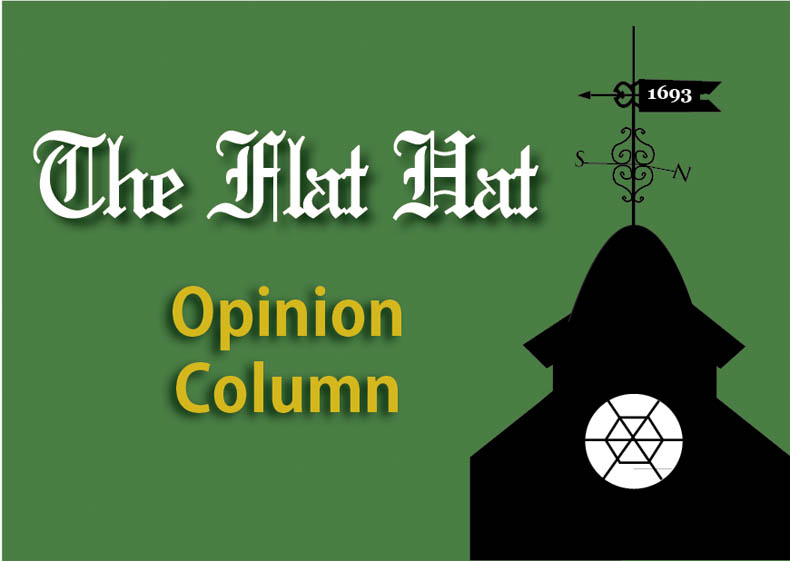The political puppeteering directing the course of American public universities seems to be falling out of favor, especially in the wake of the University of Virginia’s presidential hire-fire-rehire quandary. The bureaucracy governing public universities is a mess. Boards of Visitors are in governors’ back pockets. They dangle money in front of university administrators and watch them struggle to maintain quality despite fluctuating (usually declining) resources.
This paints a bleak picture of the public university system, but it’s not all bad. In all likelihood, everyone involved with Virginia’s public universities, from Governor Bob McDonnell to College President Taylor Reveley, is doing their utmost to further the academic mission of state institutions. But what happens when money — or lack thereof — conflicts with this mission? In other words, what happens right about now?
Over the past decade, funding for state and locally supported public universities in the United States dropped precipitously. As reported by the Delta Cost Project, state and local funding per student for research universities dropped by 24 percent between 2000 and 2010. This reduction of public funds certainly was not offset by a surge in private donations; if anything, the 2008 recession was detrimental to those as well. So what did administrators and the BOVs decide to do? A recent survey by “Inside Higher Ed” indicates that 71 percent of university “business officers” favored a net tuition increase to compensate for decreased revenue. The College of William and Mary increased tuition by 3.3 percent for the 2012-2013 school year. The national average is worse: Tuition rose 4.8 percent for public colleges for the same academic year.
It would be easy to blame the governor. It would be easy to throw the BOV under the bus. It would be easy to sarcastically utter the popular phrase, “Thanks, Obama” under our breaths. But what really seems to be the issue at this point is the macro-management in Virginia’s public university system. What happened at U.Va. in June is a perfect example of the faults in the system. In her statement indicting President Teresa Sullivan for poor outlook on U.Va.’s management, head of the BOV Helen E. Dragas cited 10 objections, almost all of which involved spending and funding concerns in the declining economy. A New York Times article noted the “almost generic” statement by Dragas “would have applied to nearly every public university in the nation.” Therefore, the infamous U.Va. saga could have happened to any school, including ours.
McDonnell did not condemn Dragas’ actions in firing President Sullivan — in fact he re-appointed her to the BOV. McDonnell also appointed the 17 members of the College’s BOV, who have the autonomy and collective power to control the very funding allocations and major administrative decisions that got Sullivan in trouble. President Reveley has the know-how, academic prowess and insider’s perspective to look out for the good of the comprehensive undergraduate experience, but when funding runs dry or Virginia elects a new governor, Reveley is not necessarily calling the shots.
I have faith that, if faced with a reckless attempt by our BOV to oust President Reveley a la U.Va. 2012, we as a Tribe family would respond in favor of our school’s, and our President’s, continued service and integrity. The bright future of our school is contingent not upon the hands that grant us money, but the hands that feed us the knowledge and skills to become proud alumni of this fine institution. Thus it is our responsibility to advocate for the governance of our institution from within, and to stand up against any abuse of financial power from without. It is our administration, our professors and our students that make our school great, not the BOV or the Commonwealth of Virginia.
Email William Plews-Ogan at wmplewsogan@email.wm.edu.

